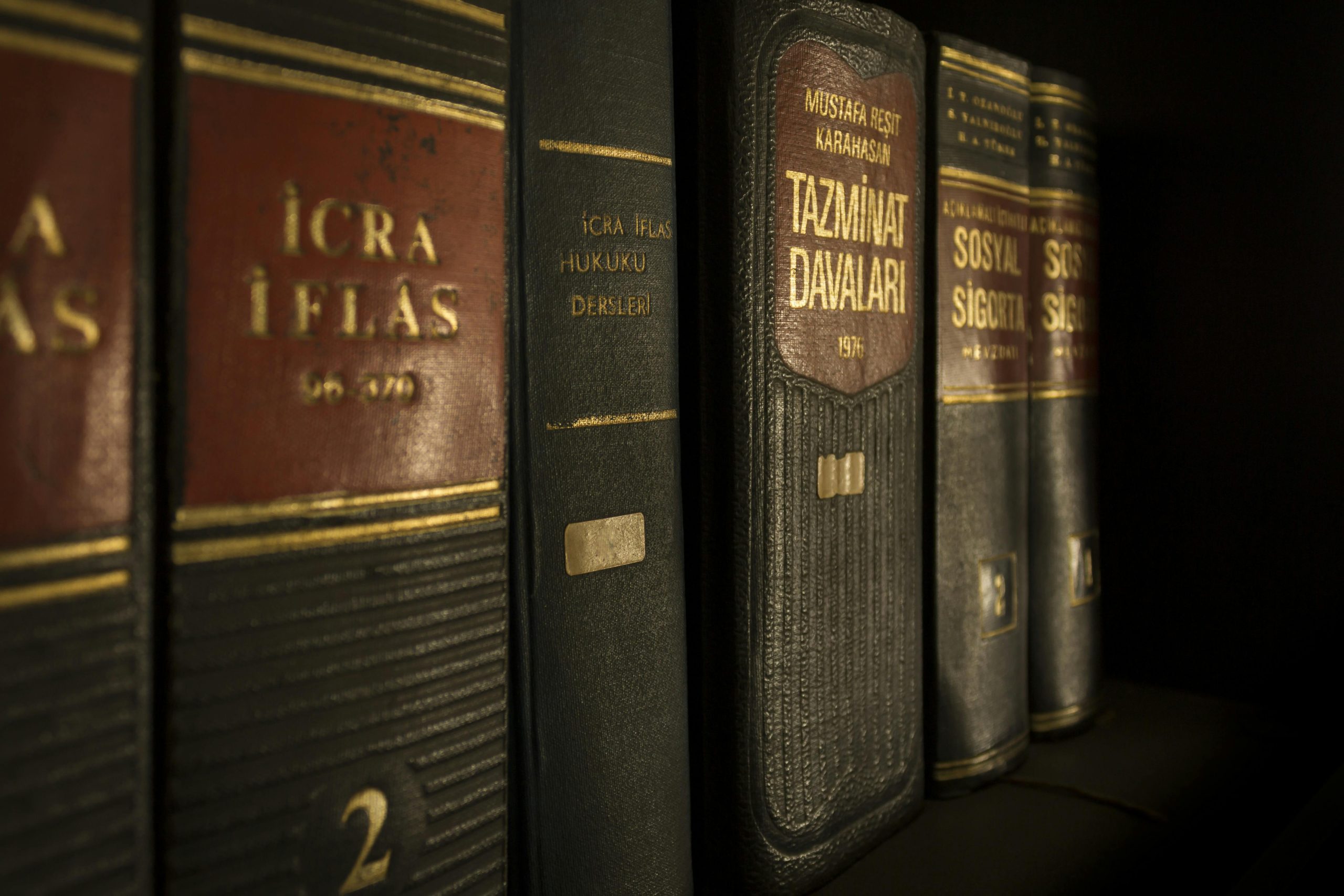The Legal System of Bangladesh
The legal system of Bangladesh is a modern and comprehensive framework that plays a crucial role in maintaining peace, security, and justice in the country. According to the Constitution of Bangladesh, the nation is a constitutional democracy where the rule of law holds utmost importance.
Sources of Law:
The primary source of law in Bangladesh is the Constitution, which was adopted in 1972. The Constitution outlines the country’s fundamental principles, the rights and duties of citizens, and the structure of the government. In addition to the Constitution, various laws are enacted by the Parliament that shape the country’s legal framework.
Types of Laws:
Bangladesh’s laws are mainly categorized into two types: civil law and criminal law. Civil law deals with personal and financial disputes such as property conflicts and commercial contracts. Criminal law applies to offenses that threaten public safety and order.
Judicial System:
The judicial system of Bangladesh operates under the judiciary branch. The Supreme Court is the highest court, consisting of two divisions: the Appellate Division and the High Court Division. Below the Supreme Court, there are district and metropolitan courts that handle various cases at local levels.
Role and Importance of Law:
Law forms the foundation for social and economic development in Bangladesh. It protects the fundamental rights of citizens and helps maintain social order by punishing crimes. Law enforcement agencies like the police and border guards play vital roles in implementing laws.
Challenges and Prospects:
Despite its strengths, the legal system in Bangladesh faces challenges such as delays in the judicial process, corruption, and the need to build greater public trust in the law. However, ongoing efforts by the government and civil society aim to overcome these issues and strengthen the rule of law.
By Dider Hossan
